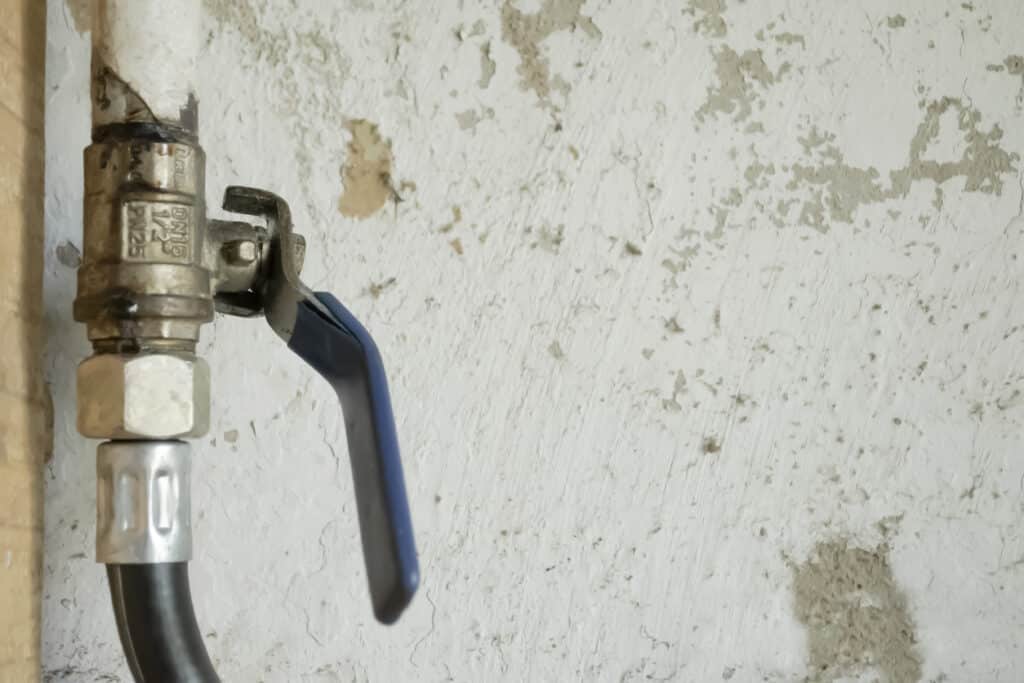Gas lines normally last 50 years or more with proper care and maintenance. However, it’s always important to be mindful of any signs of a leak so steps can be taken to resolve the situation. Keep your gas lines in shape with the following maintenance and safety tips.
Schedule Yearly Inspections
Start by scheduling yearly inspections. The connections will all be checked. Technicians will also check for leaks and corrosion and replace rusty or worn valves. A checklist for a gas line inspection also includes:
- Ensuring compliance with local codes
- Documenting any issues
- Inspecting appliances and fittings
- Tracking compliance to ensure any issues are dealt with appropriately
An inspection should be done when you move into a new home as well. If you are selling your home, one can be done as an incentive to potential buyers who would prefer added peace of mind. Inspections should also be done if you are noticing lingering gas odors in your home after using gas appliances such as your dryer or stove. It’s important to act proactively with regular inspections and reactively with inspections done when an issue is suspected.
Keep Gas Line Areas Ventilated and Clear
Keep any areas around gas lines properly ventilated. Do this by leaving areas around stoves, dryers, and gas furnaces clear of obstructions. Remove any excess grass or weeds from areas around gas lines for outside gas lines.
Know Where the Shutoff Valve Is Located
It is vital to know how to shut off the gas. If you’re not sure, ask a gas line professional to come to your home and help you locate the shutoff valve.
Signs of a Gas Leak
Know the signs of a gas line leak so you can take the appropriate action. This means evacuating your home, not using electronics, not lighting any flames, and contacting your local authorities and a company that specializes in gas line repair. Signs of a gas leak include:
- Unusual odors (a “rotten egg” smell)
- Higher than usual gas bills
- Hissing noises or sounds
- Dead flowers, weeds, or plants around outdoor gas lines
How Long Does an Inspection Take?
It usually takes about half an hour to an hour to conduct a proper residential gas line inspection. The amount of time required also varies based on how many gas lines need to be inspected and the extent of the issues discovered. Commercial gas line inspections may take a bit longer to conduct.
Contact us at Frausto Plumbing in Compton, CA today to learn more about our gas line repair and inspection services.






